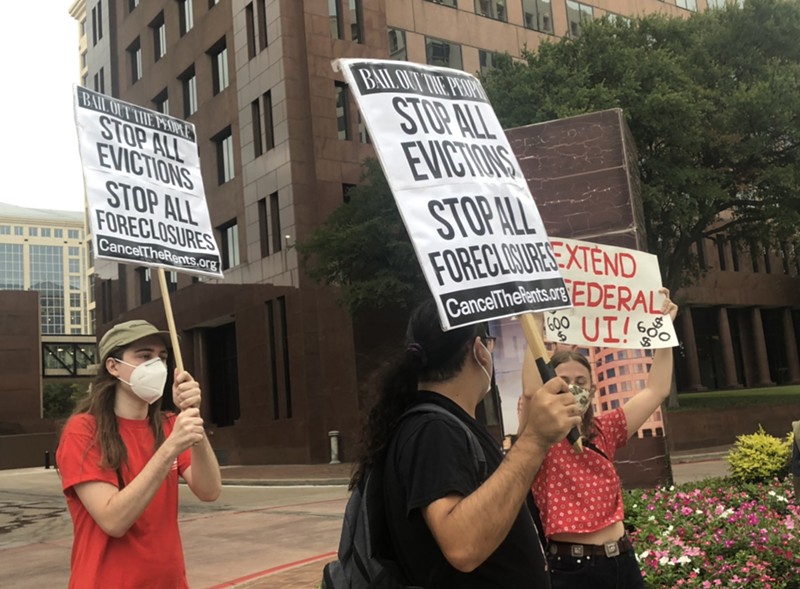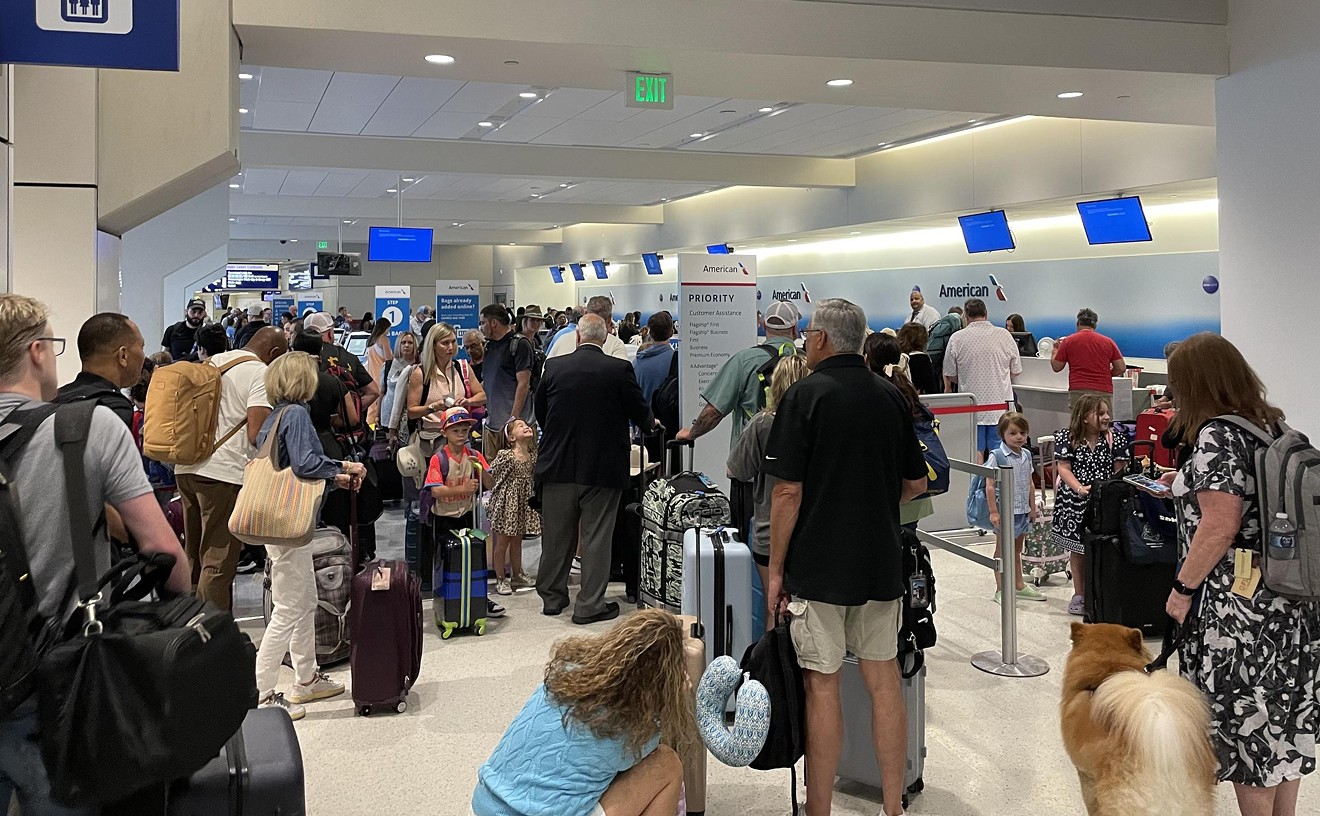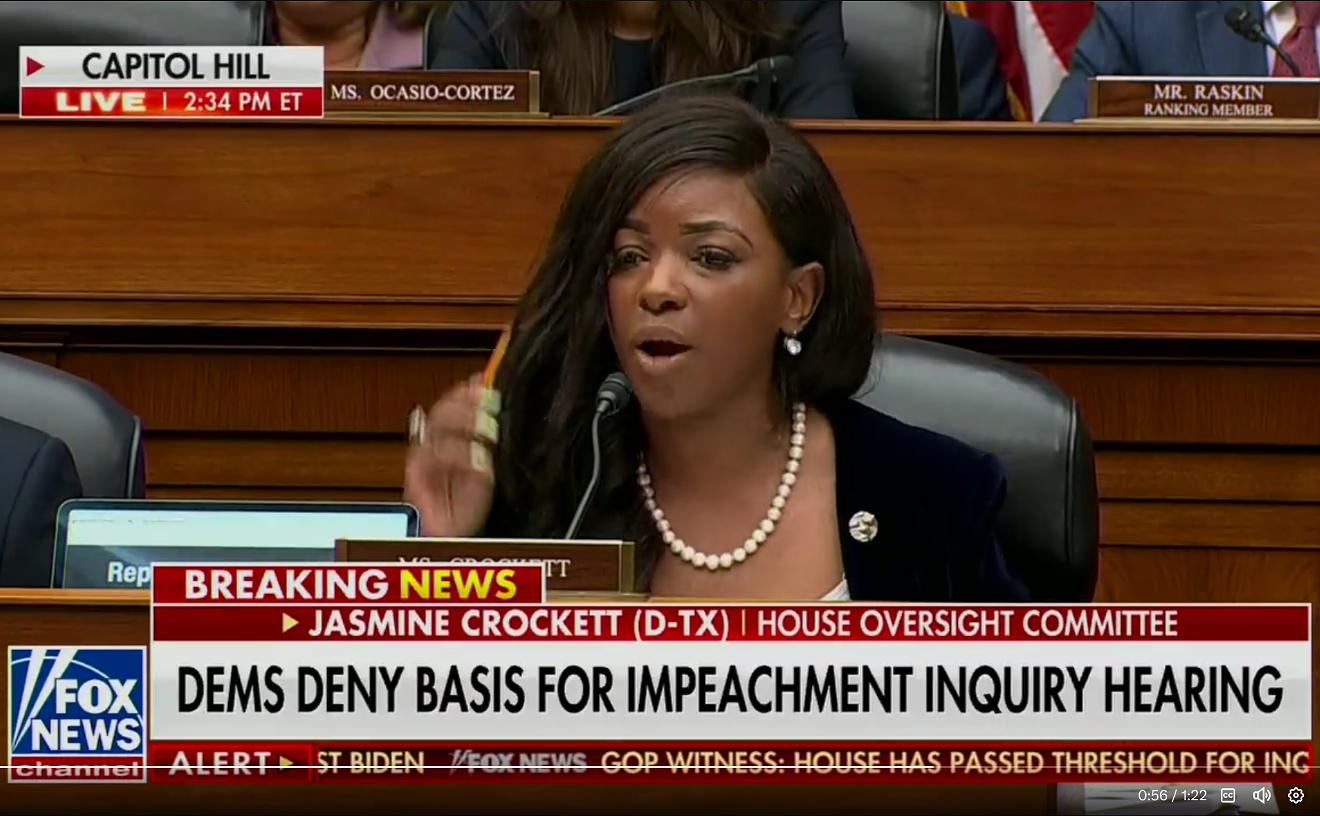More than half came from Dallas County. In August, the federal moratorium on evictions ended. Since then, upward of 20,000 evictions have been filed in Dallas County with the average amount owed around $1,995. Additionally, there’s a backlog of local rent relief and the state’s rent relief program stopped accepting applications in November.
Near the start of the pandemic, local attorney Mark Melton started Dallas Evictions 2020, a group of more than 100 lawyers who offer free legal advice to people facing eviction. Though there were protections in place for tenants facing eviction, Melton said, it’s hard to navigate them without a lawyer. That’s why he started Dallas Evictions 2020, and this spring has them busier than ever.
The influx in evictions wasn’t predicted to hit this time of year. Generally, evictions are expected to jump up around January and dip during the spring.
Melton said he’s not sure exactly what causes that. It could have something to do with holiday spending. People may spend more than expected around the holidays and find themselves having trouble to pay their bills. Then, people get caught back up around spring time. That’s not happening this year. It’s not easy tracking down why that is, but Melton said there are a handful of factors to consider.
“I think there’s a few things happening,” Melton said. “The rent assistance programs are getting to the end of the line, and they’re backed up. So, some of the faith that the landlord community had that they would get paid has started to wain.”“You can’t fault landlords for wanting to get paid." – Mark Melton, attorney
tweet this
For the landlords, Melton said, “There’s not a solution waiting for them.”
A year ago, when they may have had more faith that they’d eventually get paid, landlords may have postponed more evictions. These days, though, there’s less hope they’ll get their money. You can’t blame them, Melton said.
“You can’t fault landlords for wanting to get paid,” he said.
On top of the moratorium and rent relief programs ending, Melton said things have just gotten more expensive while incomes have mostly stayed the same. “Rents were already too high for people to afford in the city of Dallas,” he said. They’ve continued to go up, and rising gas and food prices are making it even more expensive to get by.
If renters find themselves have trouble making ends meet, Melton said, it still goes a long way to communicate that with their landlords. “If you try to convey that there is a plan, they’ll be more likely to work with you,” he said.
The biggest problem though that doesn’t have a short-term solution, Melton explained, is there simply isn’t enough affordable housing in Dallas. In 2018, Dallas approved its first comprehensive housing policy, which found the city lacked some 20,000 affordable homes.
“Demand has gone through the roof and supply hasn’t been able to keep up,” he said. “The only long-term solution is to increase the level of affordable housing.”












